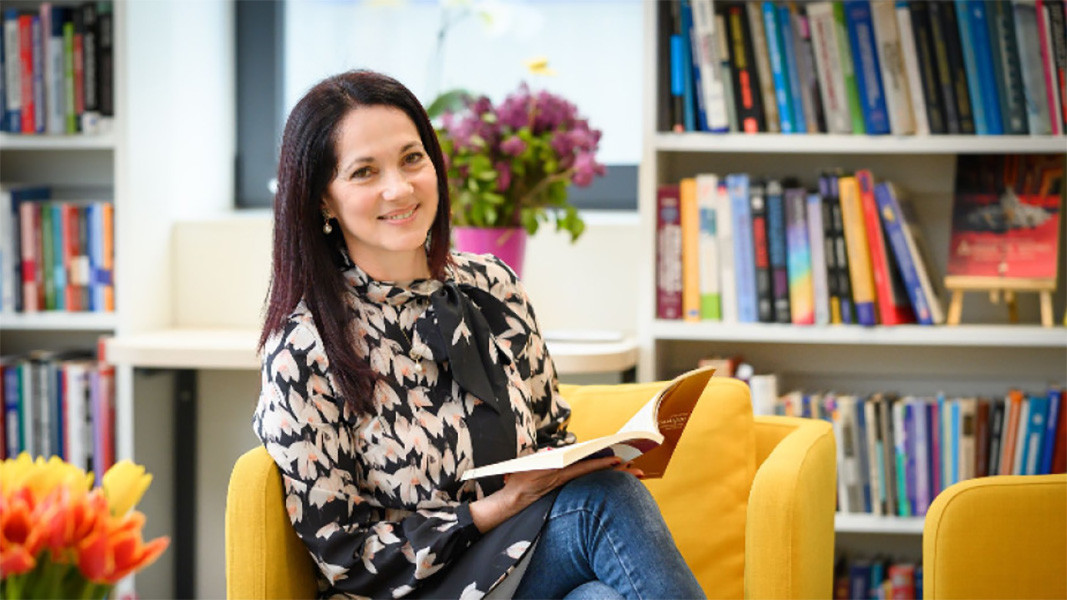Ethnologists and anthropologists from Bulgaria and the Republic of North Macedonia have started a field research on the changing urban culture during the Covid-19 pandemic. The project is called "Sofia-Skopje: Everyday life and festivities during a pandemic." It is carried out by a team of scientists of the Academic Ethnological Society at Sofia University "St. Kliment Ohridski” and their colleagues from the University of Skopje, with the financial support of the Culture Program of the Sofia Municipality. The results and experience of the two cities will be discussed and compared at a scientific online conference organized by the Academic Ethnological Society on June 2. The scientific forum will enable ethnologists, folklorists, anthropologists, culturologists and historians to exchange experiences and present their work on current and important topics related to the changes in our lives during the Covid-19 pandemic, ethnologist Aneliya Ovnarska-Milusheva says.
The project will document and analyze interesting stories of the residents of Sofia and Skopje focusing on their experiences during the pandemic. In the future the project will be an extremely important tool for analyzing how Covid-19 changed our daily lives. The team focuses on tracking changes in daily habits, nutrition, cultural norms, patterns of behavior and work, as well as consumer habits of people during the pandemic.
Part of the research and statistics that will be presented at the conference have been gathered through a survey. It has been published on the Facebook page of the project and the team of Aneliya Ovnarska-Milusheva invites people to fill it. So far, more than 200 people have done so. Thanks to the answers to nearly 50 questions and through professional observation and interpretation, scientists from both countries come to curious conclusions.

"It is interesting that the pandemic itself does not have a negative impact on the quality of work. Nearly 52% of the respondents say that after the initial stress and the anti-epidemic measures, no matter how severe they were, did not have a negative impact on their work,” Aneliya Ovnarska-Milusheva says. “Also, a large share of the respondents point out that they like the hybrid form of work – both from home and office. But they also say it is difficult to separate their free time form their working hours. Another interesting point is that most people admit that during the crisis they managed to spend more time with their beloved ones.”
The data will be extremely valuable in the future, when we would have accumulated statistics and a clearer and more complete picture of what has changed in the behavioral patterns and lifestyles of citizens would be made, the Bulgarian ethnologist says.
At the online conference on June 2, a total of 13 scientists, ethnologists and cultural anthropologists will present their reports. They will be joined by a psychologist who will speak about the ways our thinking about everyday life and our life in general has changed as a result of the pandemic. "A report will be presented on de-urbanization and interest in rural life, which has become increasingly popular in times of isolation. Reports will also be presented on traditions in a time of isolation and on everyday life in the coronavirus wards of the hospitals," Aneliya Ovnarska-Milusheva adds. Seeing the presentation of the project is free and there is also an opportunity to ask questions about the reports.
Compiled by: Vessela Krasteva, based on an article by Zoya Karadzhova /Radio Blagoevgrad/
English: Alexander Markov
Photos: Facebook / @Project2021AESSince its establishment on April 11, 2022, the Institute for Computer Science, Artificial Intelligence and Technology – INSAIT has achieved a number of successes and continues to position Bulgaria on the world's technological map...
Shortly after the opening of the motorcycle season in Sofia at the end of March, Bulgaria's capital city will host the country's largest motorcycle exhibition . The event takes place from today until April 14 at Arena 8888 Sofia . Between 700 and..
Students and teachers from two educational companies of the National Commerce and Banking High School won awards at the global business competition Youth Business Summit 2025 – US , organized by the US Headquarters of Educational Enterprises, the..

+359 2 9336 661
